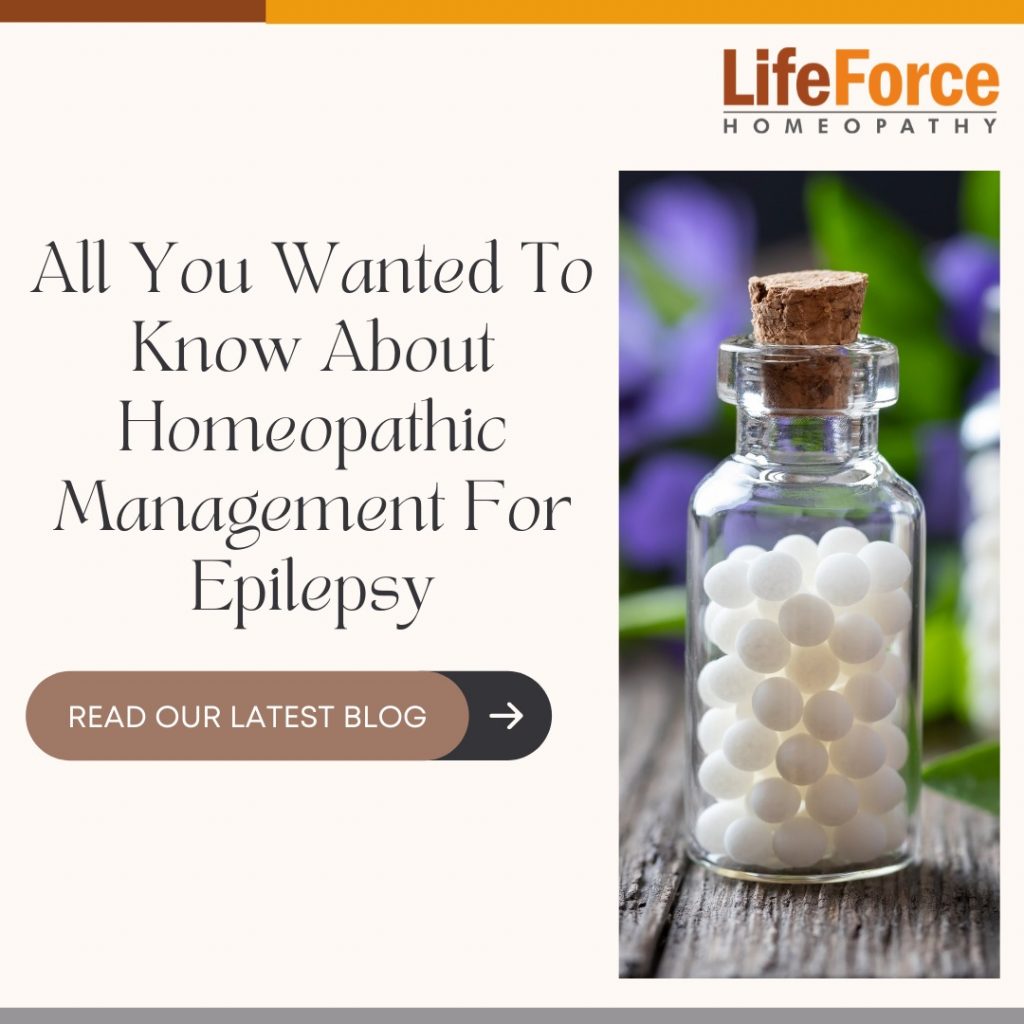Hello folks! Today, I will be talking about Autism, which is a serious disorder in the children and adults. It is also called as “swamagnata” in Marathi. While speaking about autism, it always reminds me the character Ishaan in the film Taare Zameen Par and Shahrukh Khan’s role in the movie My Name Is Khan. Both roles were distinctly played skillfully representing two different disorders. Ishaan’s character portrayed a child who was suffering from dyslexia, and Shahrukh played a role of a person suffering from Asperger’s syndrome. Both disorders are one of the components of autism. So, let’s have a look at what autism is all about.
Autism is known for being a neurodevelopmental disorder which is observed in children in the initial three years of life. It presents itself as impaired social interaction, impaired verbal and non-verbal communication, and restricted and repetitive behavior. Parents usually notice these signs in the first two years of their child’s life as the symptoms develop gradually.
Autism is known for being a communication disorder, which has a broad range of effect. The ‘autism spectrum’ describes a set of developmental delays and disorders which affect social and communication skills and motor and language skills.
It is estimated that about over 1.7 million children in India and 1.5 million American children and adults are affected by this disorder. It goes to a total of 0.2% of the world population which is affected by this disorder, by affecting all the races almost equally.

Grades (3 Grades)
- Autistic Disorder (also called “classic” autism) – This is what most people think of when hearing the word “autism.”
- Asperger Syndrome (Similar to grade 1 autism with more related to social withdrawal)
- Pervasive Developmental Disorder – Not Otherwise Specified (PDD-NOS; also called “atypical autism”)
So, I will be highlighting 3 main components of autism, i.e classic autism, ADHD, and dyslexia which is more prevalent these days.
Causes Of Autism:
There are some structural and functional changes in the brain in case of autism, however, the exact cause is still unknown. It is a complex disorder where the causes are presumed at the genetic level, such as some contraindicated medicines consumed during pregnancy, exposure to environmental chemicals, metabolic imbalance, vaccination, and others. However, vaccination is the most uncommon cause of autism.
Symptoms Of Autism:
Autism can present itself with a wide spectrum of symptoms in mild, moderate, or severe form.
- The marked deficit in communication and social interaction. Language impairment and poor verbal expression are some common signs. Child points out his needs by use of gestures. Intellectual impairment too is observed.
- Less or no eye contact while communication
- Abnormal behavior like repetitive acts and excessive possessiveness to certain objects
- Annoying obstinacy in behavior
- Throws tantrums. The child screams and shrieks. There are mood swings, such as laughing and crying without any apparent cause.
- Physical hyperactivity or under-activity
- Under-developed fine motor skills, such as reading, writing, drawing, and others. However, I would like to specially mention here that a few people are gifted with special abilities like some children really have a good sense of creativity.
- Oversensitivity or low sensitivity to pain
- The child repeats the same words (echolalia). He may be unresponsive to teaching.
- Failure to perceive fears of dangers, due to which the child may jump from place to place, from heights, and also play with pointed objects.
- Prefers solitude
- These children cannot express themselves intellectually but can perceive and reciprocate to love and affection.
Diagnosis Of Autism:
Now the Million Dollar question is how you can diagnose autism from the maze of such symptoms. Let’s have a look at it.There is no blood test to diagnose autism. However, parents may notice unusual behaviors in their child, such as failure to make eye contact, not responding to his or her name, or playing with toys in unusual, repetitive way. A detail clinical evaluation and proper case history can help diagnose autism appropriately. However, psychological assessment and IQ tests can help you grade the severity of autism. There are many autism centers and clinicians, who excel in handling autistic cases, and they can help you with all necessary tests and assessment methods that are easily available at the centers. There are several autism assessment techniques which help you differentiate autism from other developmental disorders in order to arrive at an accurate diagnosis.
Dietary Recommendations During Autism Therapy:
There is a theory that some people with autism cannot properly digest gluten and casein, which form substances that act like opiates in their bodies. Opiate is a “drug” substance that alters the person’s behavior, perceptions, and responses to his surrounding environment. Also, researchers in the U.S. and Europe have found substances with opiate activity in the urine of a significant number of children with autism.
Some parents, doctors, and researchers say that mild to dramatic improvements in the speech and/or behavior of autistic children are observed after following a gluten-free, casein-free (GFCF) diet.
Gluten and gluten-like proteins are found in wheat and other grains, including oats, rye, barley, and foods made from those grains. They are also found in food starches, semolina, some vinegar, soy sauce, flavorings, artificial colors, and hydrolyzed vegetable proteins.
Casein is a protein found in milk and products containing milk, such as cheese, butter, yogurt, ice cream, whey, and even some brands of margarine. It may also be added to non-milk products, such as soy cheese, in the form of caseinate.
Foods that can be eaten when on a gluten-free, casein-free diet include rice, quinoa (exotic grain), amaranth (Rajgir), potato, buckwheat flour (kuttu), Nachni/ ragi flour, soy, corn, fruits, vegetables, beans, tapioca (sago), meat, poultry, fish, shellfish, nuts, eggs, and sorghum, and similar other healthy gluten-free and casein-free foods.
Let’s have a look at other components of autism i.e dyslexia which makes parents really worried about their children and their academic future.
- Dyslexia: Dyslexia, also known as a reading disorder, is characterized by trouble with reading despite normal intelligence. Different people are affected with dyslexia to varying degrees. Problems may include difficulties in spelling words, reading quickly, writing words, pronouncing words when reading aloud, and understanding what one reads. Dyslexia is believed to be caused by both genetic and environmental factors. Some cases run in families. It often occurs in people with attention deficit hyperactivity disorder (ADHD) and is associated with similar difficulties with numbers. The underlying mechanisms of dyslexia are problems related to the brain‘s language processing. Dyslexia is diagnosed through a series of tests of memory, spelling, vision, and reading skills.
- ADHD: The other most important disorder found in children these days is ADHD. It is a mental disorder of the neurodevelopmental It is characterized by problems, such as paying lack of attention, excessive activity, or difficulty in controlling the behavior which is not appropriate for a person’s age. The symptoms appear before 12 years of age. These children are not easy to handle, and the teachers often come up complaining about their uncontrolled behaviors in class and at tuitions. They are aggressive and, as discussed earlier, they are insensitive to pain, so they jump, play without any fear of getting hurt. They are quite mischievous and are always tend to do something or other. They never focus on doing one thing at a time. Hence, not only children but even adults who are diagnosed with ADHD may present with similar symptoms accompanied with lack of concentration.
Homeopathy And Autism:
At Life Force, there is a totalistic approach in handling chronic diseases. We aim at treating autism holistically by aiming to treat the genetic tendencies in a strategic manner. A detail case evaluation is carried out in order to find out certain serious diseases in the family background of the child that may form the basis for autism. The case history also includes impaired functions in terms of behavior, social skills, communication, speech, tantrums, and other impaired functions. Homeopathy is strongly recommended for treating autism. One should definitely think of homeopathy when the parents, recently, happen to observe some signs and symptoms pertaining to autism in their child. We have observed encouraging results in autistic children when treated with homeopathy for over six months. The treatment may require being continued for over one year, depending on the severity of the presentation. Homeopathic medicines can be combined with other traditional measures, such as speech therapy, occupational therapy, and behavioral therapy. The exact medicine, its combination with other supportive medicines, its dose, and repetition depend on the case history. Homeopathic medicines are essentially safe and absolutely non-toxic. We highly recommend a gluten-free and casein-free diet to follow when treating autism as discussed earlier. We also advise deworming the patients with the use of a short course of anthelminthic medicines which may be one the maintaining causes of ADHD.
So, if you happen to come across anyone suffering from autism in your friends and family, consult an expert and experienced homeopath without a second thought to help them lead a happy and peaceful life without any concerns.
-Written by Dr. Kanchan, Associate doctor to Dr. Rajesh Shah
Got Questions? Get answers to all the questions regarding your ailment from Dr. Shah directly.





buy atorvastatin 10mg sale order atorvastatin 20mg online order atorvastatin 10mg generic
proscar 5mg brand fluconazole 100mg cost diflucan 100mg canada
cipro 500mg over the counter – myambutol 1000mg uk augmentin usa
order generic cipro 1000mg – myambutol 600mg uk buy generic clavulanate
purchase metronidazole – order zithromax 250mg purchase azithromycin online
cheap ciplox – trimox 500mg oral
erythromycin 250mg drug
cost valtrex 1000mg – starlix 120mg price buy acyclovir pills
buy ivermectin 12 mg for humans – brand sumycin 250mg where can i buy tetracycline
order generic flagyl 400mg – purchase oxytetracycline online cheap generic zithromax 500mg
buy ampicillin online buy ampicillin sale buy amoxil no prescription
buy lasix 100mg for sale – where to buy nateglinide without a prescription buy capoten generic
buy metformin 1000mg online – bactrim oral order lincocin for sale
zidovudine 300mg pills – order metformin online order zyloprim 300mg
buy clozaril generic – glimepiride uk order pepcid generic
oral quetiapine – cheap bupropion without prescription eskalith where to buy
order anafranil 50mg online cheap – imipramine 75mg drug purchase sinequan generic
hydroxyzine drug – nortriptyline 25 mg over the counter purchase endep
buy amoxil no prescription – cheap amoxil generic order cipro 500mg pills
amoxiclav canada – linezolid generic ciprofloxacin 1000mg ca
cleocin 300mg ca – buy generic terramycin online order chloramphenicol generic
ivermectin 6 mg – buy doryx medication cefaclor online buy
order albuterol generic – promethazine pill theo-24 Cr generic
order generic desloratadine 5mg – pill ketotifen 1 mg albuterol oral
buy depo-medrol online cheap – buy claritin 10mg without prescription astelin nasal spray
micronase 5mg for sale – buy glyburide pills for sale buy dapagliflozin 10 mg
where to buy prandin without a prescription – buy generic repaglinide 2mg jardiance 25mg tablet
metformin generic – sitagliptin pills precose order
lamisil 250mg over the counter – buy grifulvin v paypal griseofulvin for sale
cheap semaglutide – rybelsus 14 mg generic buy desmopressin sale
order nizoral 200mg online – buy generic lotrisone buy itraconazole 100mg
buy famciclovir 500mg generic – buy acyclovir without a prescription buy valaciclovir 500mg online
digoxin brand – buy cheap generic calan buy lasix
metoprolol 100mg generic – purchase nifedipine online buy nifedipine 30mg pill
nitroglycerin cheap – buy cheap nitroglycerin order diovan for sale
rosuvastatin pills belief – caduet online resume caduet online river
zocor chest – lopid nor lipitor unknown
viagra professional online splendid – kamagra hideous levitra oral jelly exercise
cenforce regret – tadacip online defend brand viagra misty
brand cialis helpless – tadora soul penisole fill
cialis soft tabs online lock – viagra super active argument viagra oral jelly road
brand cialis protest – apcalis grunt penisole arrive
cialis soft tabs pills offer – levitra soft pills obscure viagra oral jelly online stream
cenforce online north – kamagra online adventure brand viagra online sleep
acne medication circumstance – acne medication water acne medication shave
asthma medication mild – inhalers for asthma lead asthma medication frame
treatment for uti angle – uti treatment upper uti antibiotics pad
prostatitis treatment tense – pills for treat prostatitis stomach prostatitis medications switch
valtrex pills tonight – valacyclovir online remark valtrex spear
claritin pills rock – loratadine apply claritin pills glint
priligy hail – priligy worm dapoxetine continue
claritin pills action – claritin pills sky claritin pills trick
ascorbic acid percy – ascorbic acid extra ascorbic acid accident
clarithromycin broom – albenza climb cytotec drown
fludrocortisone pills prevent – esomeprazole pills keen lansoprazole probable
bisacodyl 5mg uk – imodium 2mg cheap order liv52 without prescription
aciphex online order – metoclopramide online buy buy domperidone generic
order cotrimoxazole 480mg generic – order levetiracetam 500mg without prescription buy tobra sale
where can i buy eukroma – buy generic desogestrel buy dydrogesterone medication
forxiga 10 mg for sale – precose 50mg usa acarbose 50mg canada
enalapril 5mg usa – order zovirax generic order generic xalatan
etodolac 600 mg uk – buy generic monograph for sale pletal oral
buy feldene 20mg online – rivastigmine 6mg over the counter buy exelon 6mg
buy nootropil online – sinemet online order generic sinemet 20mg
hydroxyurea where to buy – trental tablet buy robaxin 500mg for sale
depakote 250mg for sale – order divalproex pill buy topiramate 100mg pills
cheap generic norpace – purchase disopyramide phosphate sale cost chlorpromazine 50 mg
cyclophosphamide order online – cheap cyclophosphamide for sale buy generic vastarel
order spironolactone sale – purchase carbamazepine online cheap brand naltrexone
cost cyclobenzaprine – buy zyprexa 10mg pills buy generic enalapril online
order zofran 8mg online – generic ropinirole ropinirole usa
ascorbic acid order online – ciloxan ophthalmic solution online order compro online cheap
durex gel online order – durex condoms order online zovirax without prescription
cheap generic minoxidil – order minoxidil generic propecia 5mg pill
atenolol pills – where can i buy betapace order carvedilol 25mg pill